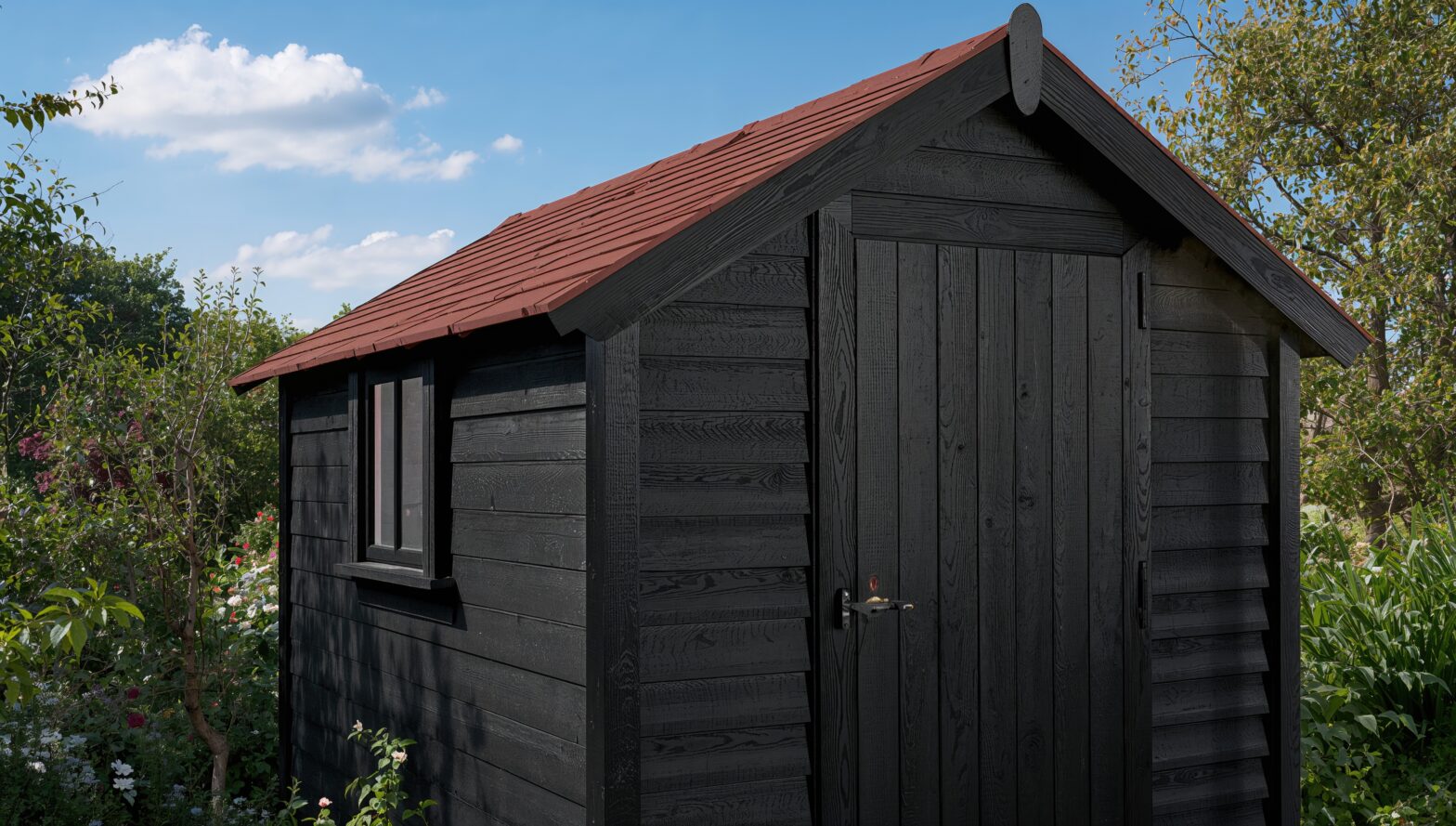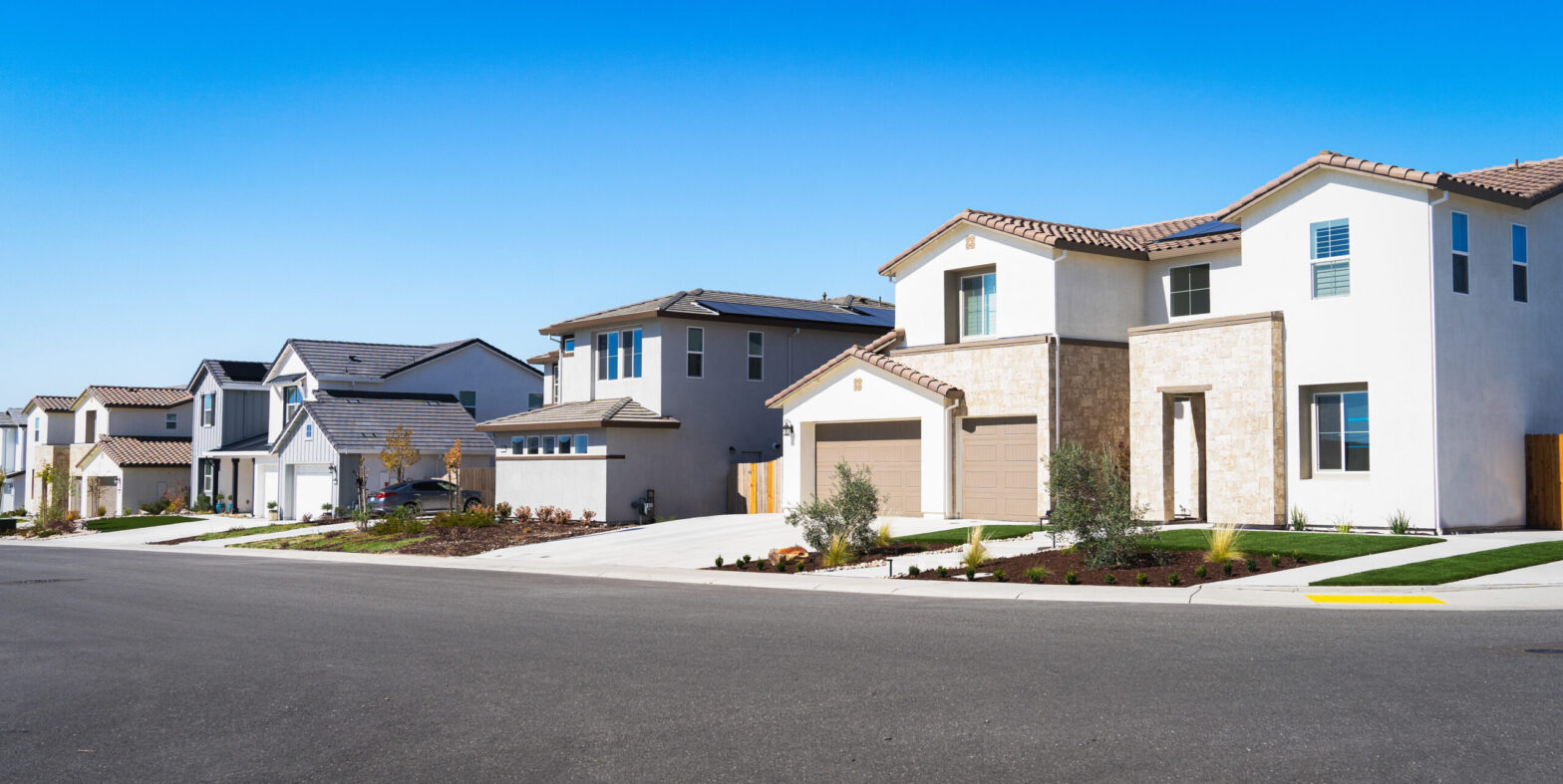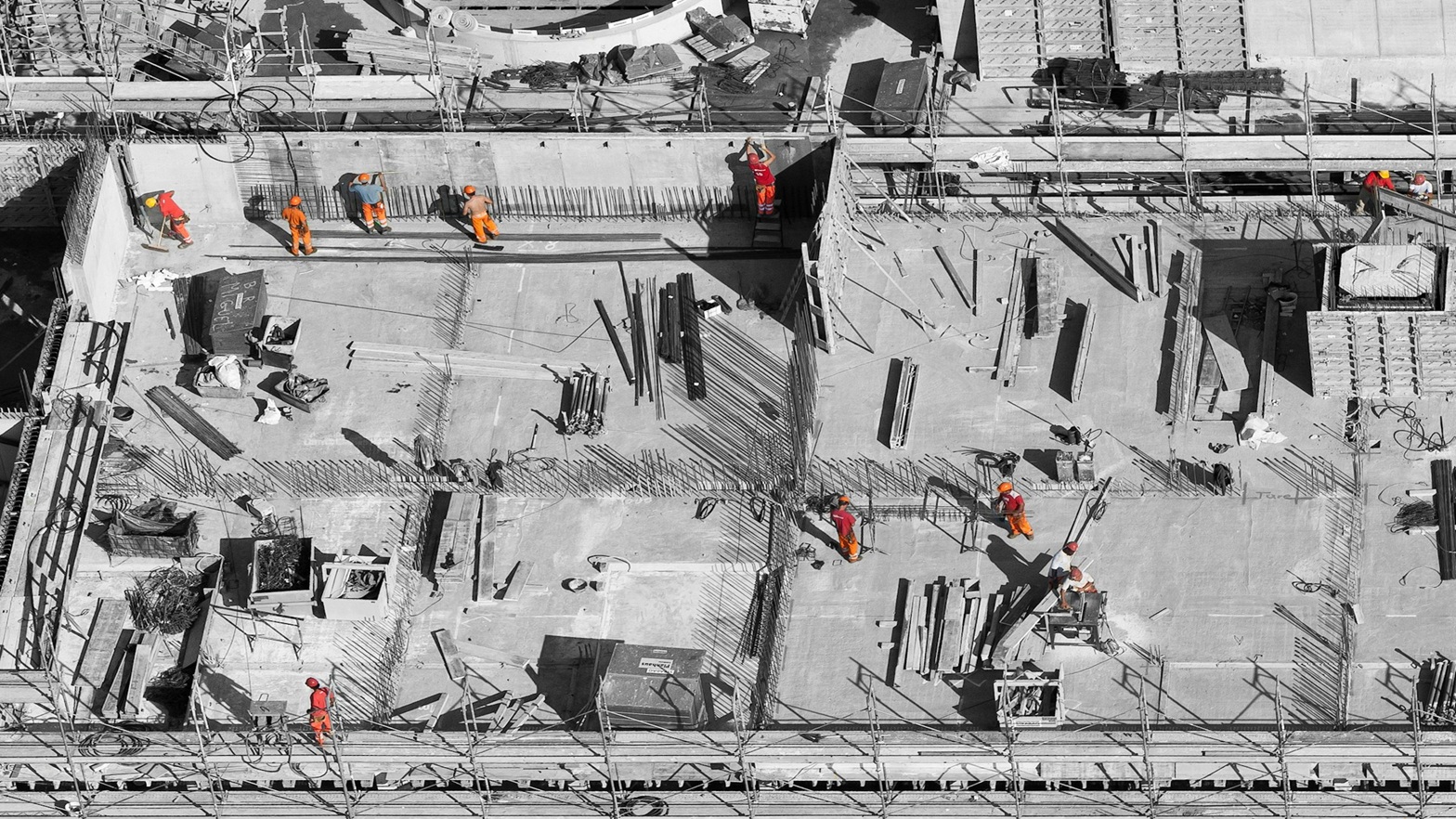House renovation and remodeling is a big task to complete. Sometimes, it can come across as an overwhelming task to undertake. But everything seems worth it as home renovations add value to your home. Also, it enhances the appeal and gives a fresh look to your house that you might have wanted for a long time. Hence, you should not shy away from taking this idea out of your head and take steps to let it be your reality.
But, amid all the ideas and contemplation of your project, you might find yourself stuck with the thoughts related to the pricing of such a project. When you reach this stage, there are many exciting things that you will happily like to unfold. Many homeowners in the UK have taken it to themselves to renovate their homes.
The trend is soaring high, and the momentum has increased over the last five years. But, the thing to note here is that they have learned how to know the house renovation cost in the UK and then begin with the project.
But, there’s one thing that they became a pro at while planning their home renovation. It is the budgeting part. So, if you want to have some key takeaways from them, budgeting skills should be at the top of the list.
Understanding The Costs
The home renovation costs can vary significantly, and the main reason behind it is that all houses are unique and, hence, require specific components that might be rare. Therefore, you need to collect a rough estimate of your home. For example, here is a rough estimation of the renovation cost of a house with four rooms.
| Requirement | Estimated Costs |
| New kitchen | Average – £17,500 |
| French doors | Average – £2,500 |
| Replaster walls and ceilings | Average – £12,000 – £14,000 |
| Rewiring | Average – £5,750 |
| New heating system | Average – £5,500 |
However, you can consult local contractors who can help you with personalized estimates based on your home renovation needs for better accuracy. This doesn’t mean you have to run to people who have done home renovations and ask them about every penny they have spent. Let this article have your back because here’s every suggestion you need to know while planning your home renovation budget and some money-saving tips.
Factors Affecting The Cost
You have to consider the value of your home as a package for this step. It is important to do it when you begin remodeling your home. The basic rule is that you should not spend more than 10-15% of your home’s value on remodeling a single room. If you plan to spend more than that, the renovation value will not exceed your home’s value.
Going for hard cash is not always necessary, especially when the income is limited. Alternative sources like borrowing and loans can help you make better financial decisions for the project.
While applying the ground rule for expenditure estimations, you must look at some factors affecting the budget. They are as follows:
- The kind of labor employed
- Construction methods
- Cost of material likely to be used
- Location
- Construction material
- Permits, amongst others
Tips For Cost-Cutting
After considering the factors and getting a ballpark estimate on how much the project will cost, the next goal you have to achieve is to manage the cost-cutting ways. Competent remodelers always go for cash. Borrowings help to some extent, but the fact that they are borrowed money from your home should be remembered. In the worst cases, you can end up losing your home.
So, the key takeaway is that you have to decide when you want to begin your project, followed by some intelligent calculations.
Know What’s Important
Once you throw out the idea of remodeling your home in the market, you’ll be flooded with many do’s and don’ts. You can consider some ideas, but let the rest flow. A significant thing that you should do is collect bids from contractors after saving for your home. They’ll become the right source to help you with the exact price tag for the renovation project and ensure that the estimates aren’t crossed.
Narrow Your Options
There are many contractors, and there is a higher possibility that many will look like the ideal fit for your needs. Also, they’ll help you with the additional requirements and work in the form of goodwill. But, you have to see that these costs are hidden somewhere.
Hence, you should have a plan and let your decisions revolve around the same. If you need clarification, the best way is to narrow your options, which will help you have a clearer picture of the bid. You have to put your hard work into budgeting because if anything pops up, you will have a plan of action to implement.
Schedule Your Renovations
Now, the budgeting part is over, and the next thing to be done is to schedule the renovations. Planning means determining the dates and times when the upgrades will be in full swing and identifying the market trends to procure the labor and raw materials at the best cost.
Off-seasons are the best time due to less demand and reduced rates. Peak season is the exact opposite of it, and doing the work at this time means that you are indirectly working to cross your budget and increase your expenditure.
Sticking With DIY Options
But, in all capacities, DIY should be your thing to do for everything you can. Skilled professionals are paid for their skills; the results might differ if you try to put your hand in that. Hence, don’t compromise on the things that need professional intervention.
Conclusion
That’s all about the tips and tricks that can help you decide the perfect budget for your home. These tips are realistic, tried and tested, and result-driven. So, look at them and try to use them in the best possible way to build your dream home on an affordable budget like never before.





























